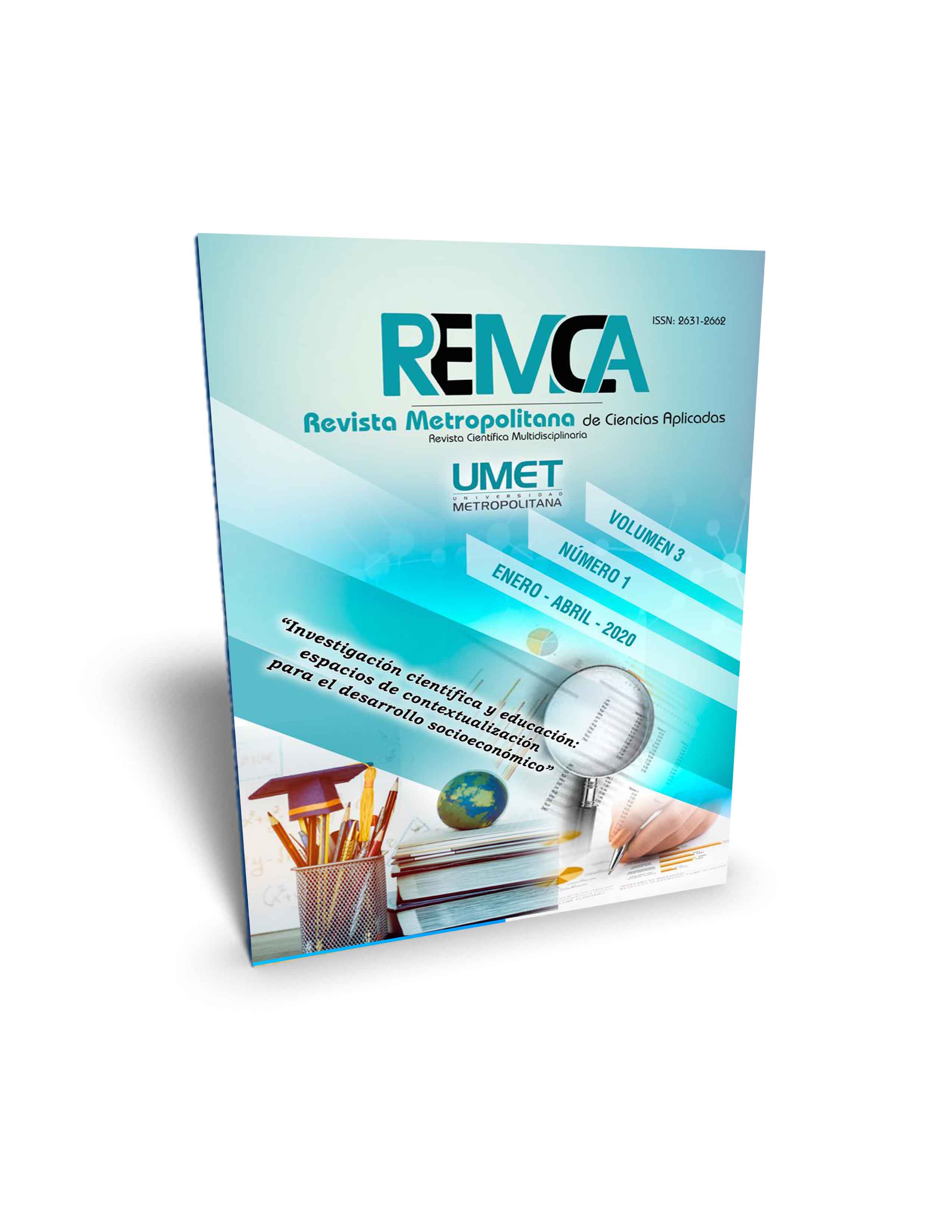Social and economic aspects: coffee producers case in the province El Oro
DOI:
https://doi.org/10.62452/htnf4b56Keywords:
Coffee arabiga, crop production, sustainable development, crop yieldAbstract
Coffee is cultivated in more than 56 countries, being of great economic importance for countries in Africa, Latin America and Asia. Its high economic value, environmental importance and social value have made coffee production a very important agricultural activity, which is why the objective is to characterize the social and economic aspects of coffee producers in the canton of Zaruma, province of El Oro. For this purpose, a descriptive and transversal methodological design was proposed, and the sample surveyed corresponded to the 42 coffee producers. The main results are: 90% of the coffee plantations are of the Arabica variety, 53.33% of the producers have from 1 to 5 hectares in their property, 40% from 6 to 10 hectares and 6.67% have more than one hectare to work with; 37% of the coffee producers harvest more than 1200 kg per year, 27% go from 800 to 1100 kg, however, 23% go from 400 to 700 kg, while 13% go from 100 to 300 kg. It has the advantage that they are all associates and sell their production to the collection center of Zaruma's coffee producers.
Downloads
References
Barrezueta, S., Moreira, W., & Quezada, C. (2018). Análisis Del Cacao y Café Ecuatorano Desde Su Cadena de Valor En El Periodo 2010-2015. Revista Científica Agroecosistemas, 6 (3), 6–17.
Ecuador. Asociación Nacional de Exportadores de Café. (2014). Precio Del Mercado, Semana del 17 al 21 de Febrero/2020. ANECAFE.
Ecuador. Instituto Nacional de Estadísticas y Censos. (2019). Encuesta de Superficie y Producción Agropecuaria Continua (ESPAC) 2018. INEC.
Espinosa-García, J. A., Uresti Gil, J., Vélez-Izquierdo, A., Moctezuma-López, G., Uresti-Durán, D., Góngora-González, S. F., & Inurreta-Aguirre, H. D. (2016). Productividad y rentabilidad potencial del café (Coffea Arabica L.) en el trópico mexicano. Revista Mexicana de Ciencias Agrícolas, 7(8).
Medina, M., & Luna, R. (2013) Análisis de la cadena del café y estrategia de mejoras para el sector caficultor en la provincia de Manabí cantón Jipijapa parroquia Pablo Gómez. (Tesis de grado). Universidad Politécnica Salesiana.
Ponce, L., Orellana, K., Acuña, I., Alfonso, J., & Fuentes, T. (2018). Situación de la caficultura ecuatoriana: perspectivas. Estudios Del Desarrollo Social: Cuba y América Latina, 15(1), 307–325.
Viteri Salazar, O., Ramos-Martín, J., & Lomas, P. L. (2018) Livelihood sustainability assessment of coffee and cocoa producers in the Amazon region of Ecuador using household types’. Journal of Rural Studies, 62, 1–9.
Downloads
Published
Issue
Section
License
Copyright (c) 2020 Carlos Vicente Castro Pincay, Salomón Barrezueta Unda (Autor/a)

This work is licensed under a Creative Commons Attribution-NonCommercial-ShareAlike 4.0 International License.
Authors who publish in Revista Metropolitana de Ciencias Aplicadas (REMCA), agree to the following terms:
1. Copyright
Authors retain unrestricted copyright to their work. Authors grant the journal the right of first publication. To this end, they assign the journal non-exclusive exploitation rights (reproduction, distribution, public communication, and transformation). Authors may enter into additional agreements for the non-exclusive distribution of the version of the work published in the journal, provided that acknowledgment of its initial publication in this journal is given.
© The authors.
2. License
The articles are published in the journal under the Creative Commons Attribution-NonCommercial-ShareAlike 4.0 International License (CC BY-NC-SA 4.0). The terms can be found at: https://creativecommons.org/licenses/by-nc-sa/4.0/deed.en
This license allows:
- Sharing: Copying and redistributing the material in any medium or format.
- Adapting: Remixing, transforming, and building upon the material.
Under the following terms:
- Attribution: You must give appropriate credit, provide a link to the license, and indicate if any changes were made. You may do this in any reasonable manner, but not in any way that suggests the licensor endorses or sponsors your use.
- NonCommercial: You may not use the material for commercial purposes.
- ShareAlike: If you remix, transform, or build upon the material, you must distribute your creation under the same license as the original work.
There are no additional restrictions. You may not apply legal terms or technological measures that legally restrict others from doing anything the license permits.




